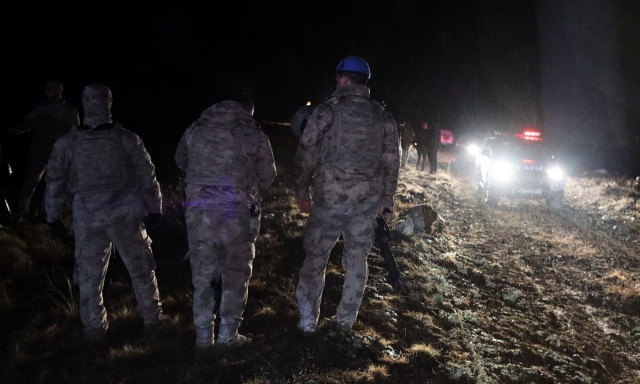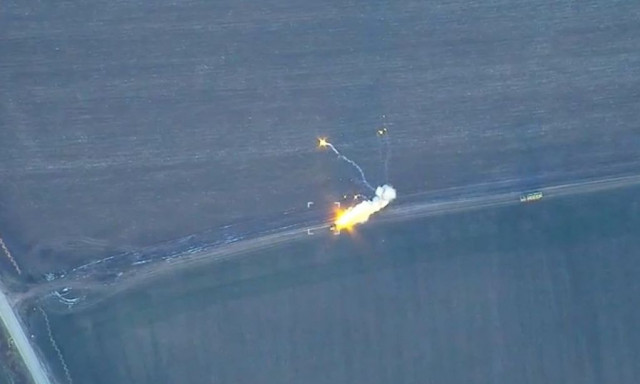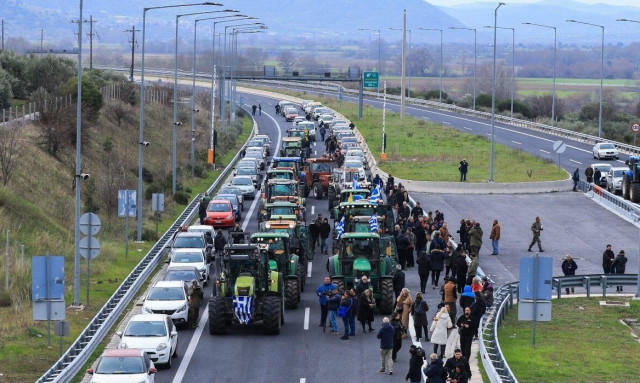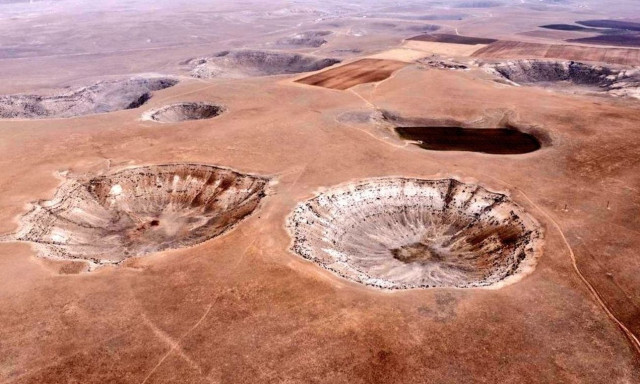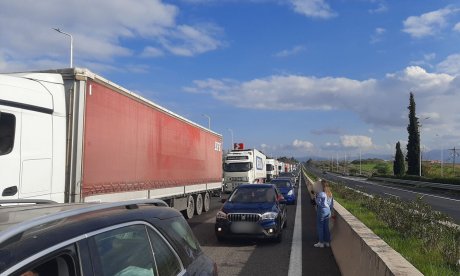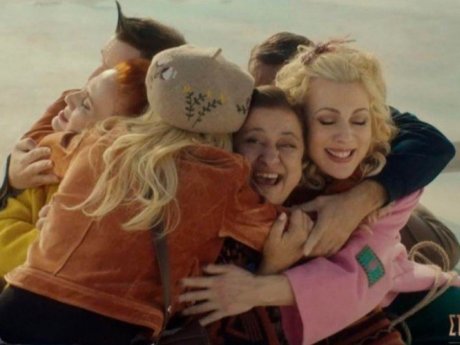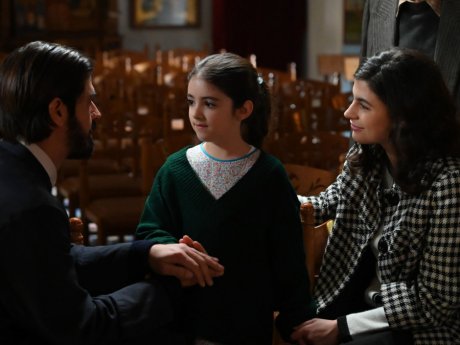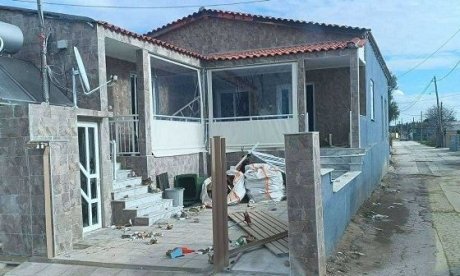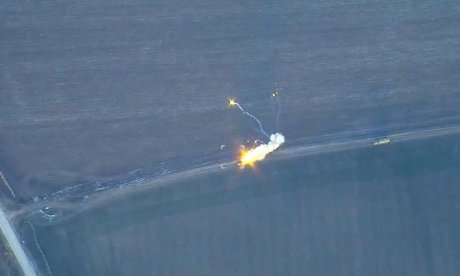More than 50,000 migrants arrive in Greece in one week, the highest total of 2015
An influx of refugees and migrants arrive in Greece, desperate to reach Europe before winter sets in.
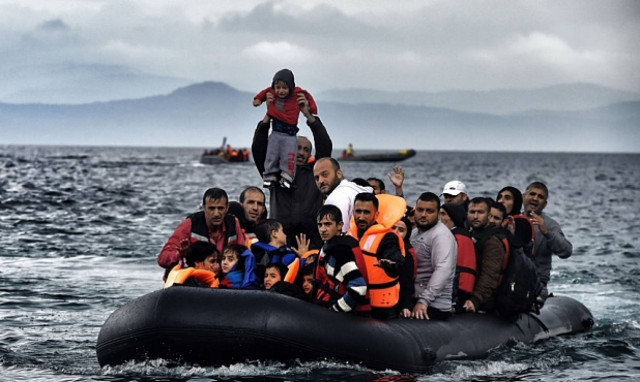
More migrants entered Greece this week than at any other time this year, the International Organisation for Migration announced on Friday.
Immigration flows to Greece surged to 48,000 in the five days prior to October 21, and the weekly total was the highest seen in 2015.
Greece is struggling to control the influx of migrants through its islands bordering Turkey, with arrivals spiking in recent days in a rush to beat the onset of winter.
More than half a million refugees and migrants have arrived in Greece this year by sea, including many fleeing violence in Syria, Iraq or Afghanistan.
Greek officials said earlier this week that resettling migrants from camps in the Middle Eastern countries such as Turkey, Jordan and Lebanon, where they first arrive, could ease Europe's refugee crisis.
Amin Awad, the Middle East director for the UN refugee agency UNHCR, said Russian airstrikes and increased fighting around the Syrian city of Aleppo had contributed to the "dynamic of displacement" of refugees, with about 50,000 displaced, but had not contributed much to the refugee exodus.
But he said the number of internally displaced people within Syria had fallen from 7.6 million people to 6.3 million, a decline that could be attributed to the refugee flows to Europe, as well as people being missed from the latest count.
The latest numbers from Greece come as the UNHCR reports a growing number of cases in which children in southeastern Europe have been forced into sex to pay for the continuation of their journeys as they flee war and poverty.
Spokeswoman Melissa Fleming says the agency is still assessing how many children might be affected but is going public with concerns to pressure governments along the route to do more to help children.
Speaking to reporters Friday, Fleming said extortion of children appears to be happening "in every single country" along the route. UNHCR estimates at least 644,000 people have arrived in Europe across the Mediterranean this year - about one-third of them women and children.
Fleming said it appears that smugglers, criminal gangs and other refugees could potentially be behind the abuse. The agency says unaccompanied children are particularly vulnerable.
Source: telegraph.co.uk

